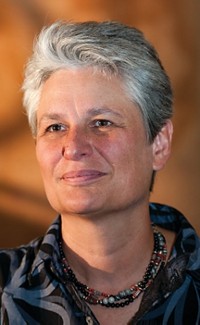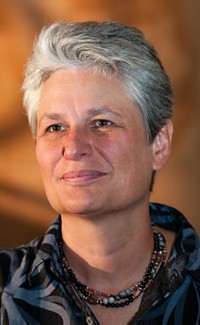Advertisement
Grab your lab coat. Let's get started
Welcome!
Welcome!
Create an account below to get 6 C&EN articles per month, receive newsletters and more - all free.
It seems this is your first time logging in online. Please enter the following information to continue.
As an ACS member you automatically get access to this site. All we need is few more details to create your reading experience.
Not you? Sign in with a different account.
Not you? Sign in with a different account.
ERROR 1
ERROR 1
ERROR 2
ERROR 2
ERROR 2
ERROR 2
ERROR 2
Password and Confirm password must match.
If you have an ACS member number, please enter it here so we can link this account to your membership. (optional)
ERROR 2
ACS values your privacy. By submitting your information, you are gaining access to C&EN and subscribing to our weekly newsletter. We use the information you provide to make your reading experience better, and we will never sell your data to third party members.
Environment
National Academy of Sciences Doles out Awards
Recipients are honored for contributions of major significance to chemistry
February 25, 2008
| A version of this story appeared in
Volume 86, Issue 8
Five scientists whose work involves chemistry are among 13 individuals chosen by the National Academy of Sciences (NAS) to receive its prestigious awards. The awards honor extraordinary contributions in nine areas of science.
JoAnne Stubbe, Novartis Professor of Chemistry and professor of biology at Massachusetts Institute of Technology, will receive the $15,000 NAS Award in Chemical Sciences for her landmark work on the mechanisms and regulation of ribonucleotide reductases. "I'm thrilled to receive this award," Stubbe says. "I've had a lot of outstanding collaborators who have made this all possible." The award recognizes innovative research in the chemical sciences that contributes to the better understanding of the natural sciences and to the benefit of humanity.
Robert T. Fraley, executive vice president and chief technology officer of Monsanto, St. Louis, will receive the $25,000 NAS Award for the Industrial Application of Science. Fraley developed technologies that enabled the production of the world's first transgenic crops. The award recognizes applications of significant achievements in science.
Thomas Eisner, J. G. Schurman Professor of Chemical Ecology at Cornell University, is the winner of the $25,000 John J. Carty Award for the Advancement of Science. Eisner is being cited for his studies of how organisms use chemistry to mediate ecological interactions. "The field of chemical ecology is very much a field that is exploding right now," Eisner says. "My hope is that this work will catalyze young people to come into the area and work in the field." The award is given for noteworthy and distinguished accomplishment in any field of science.
Stanley R. Hart, senior scientist emeritus in the department of marine geology and geophysics at Woods Hole Oceanographic Institution will receive the $20,000 Arthur L. Day Prize and Lectureship. Hart is being honored "for the development of the new field of 'chemical geodynamics' through the use of the chemical and isotopic signature of mantle-derived samples to map and constrain the dynamical evolution of the Earth's interior." The prize is awarded to individuals making lasting contributions to the study of the physics of Earth.
Angelika Amon, a professor of biology at MIT and a Howard Hughes Medical Institute investigator, is the winner of the $25,000 NAS Award in Molecular Biology for her groundbreaking studies of the mechanism and regulation of chromosome segregation. The award recognizes a recent notable discovery in molecular biology by a young scientist.
The winners will receive their medals on April 27 at NAS's annual meeting in Washington, D.C.









Join the conversation
Contact the reporter
Submit a Letter to the Editor for publication
Engage with us on Twitter